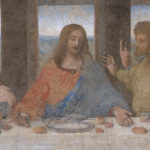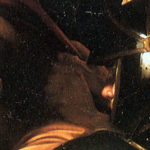
Tears well up as I begin this Page of the four years series related to the family of wife and children that was gifted to me from God. That is an important communication – a gift from God, but, emphasis here is on that person who bore to me four children, and surprisingly to her, lost a fetus some days after conception. She sometimes thought of herself as having born five children although the lost tissue was not recognizable to her. She knew no reason for abortion and the event during her ablutions one morning stayed in her psyche for some months. I was the only one with whom she shared the loss, and the matter was moderated in that… Read more







